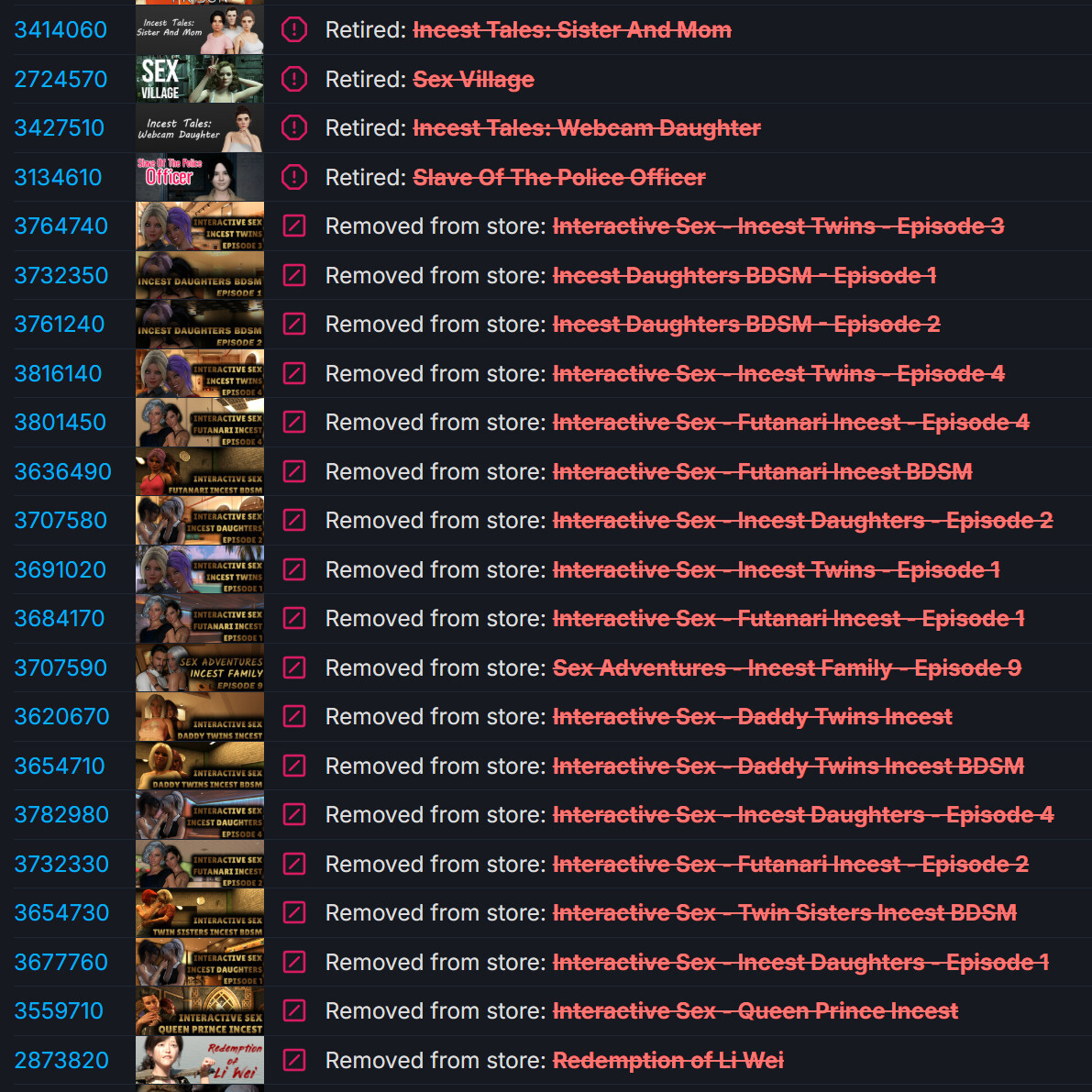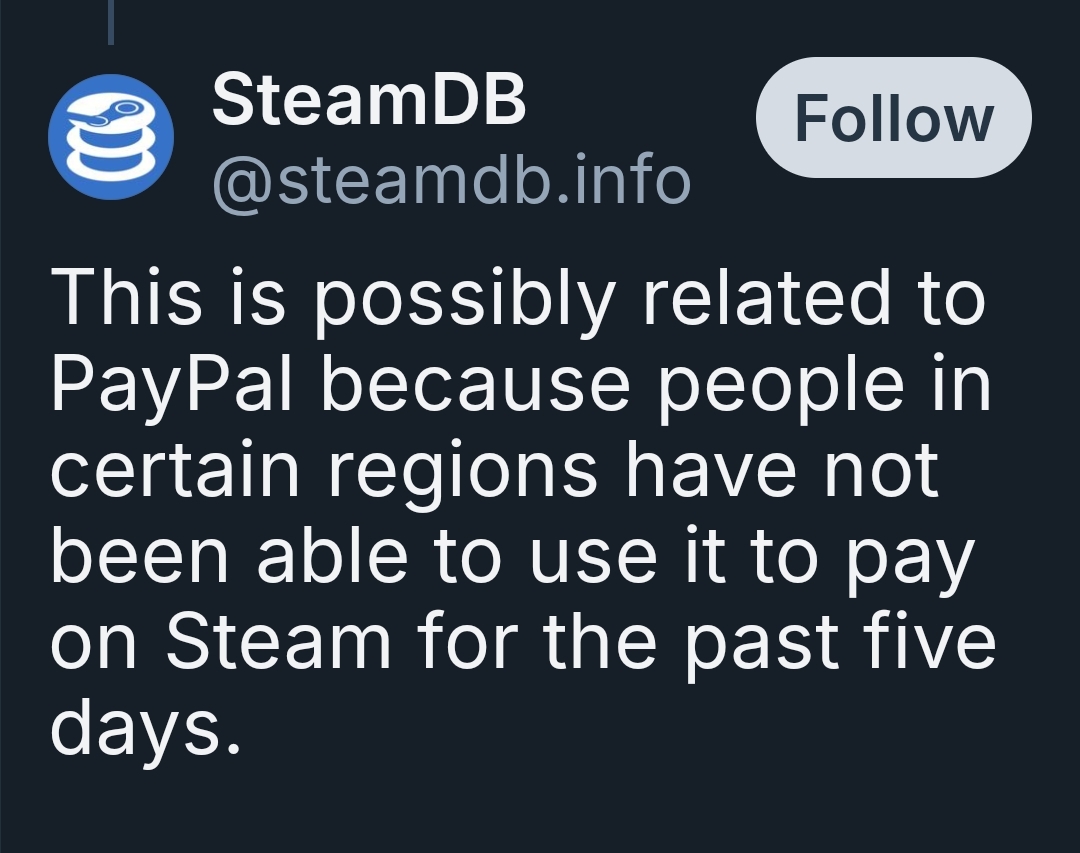It's probably my reading skills, but I legit can't tell if you're disagreeing. You're saying you're glad that everything doesn't interact, right?
I don't know if I even knew there was one. I guess I have something to watch until the Cyberpunk show comes out!
Which is why I encourage everyone to mod a community, be it or on another Lemmy instance!
I wasn't banned, I just came here because of their API changes like many others. I always bring up "the grass is greener where you water it," so I came here, and mod !gamedev@lemmy.world. I still view and use reddit some; it's just more popular. But I try to do my part to make the Lemmy space a little more robust.
I guess it's just easy to imagine politicians screwing something up in unpredictable ways. I think the conversation of how to best stop killing games is worthwhile and should happen, and wouldn't happen without government involvement. But it's a concern i can't easily shake as a hobbyist who eventually wants to release something.
Personal politics (vague general support) aside such legislation could have a dramatic impact on how games are made.
Well now you've also heard: I thought it an unapologetically heartfelt show, and I really enjoyed it despite expecting saccharine bullshit. It didn't hold the quality all three seasons, but that's not because it's bad, but rather because the first season (and even the second,) is so good. I enjoyed it completely. But hey, it's not for everyone.
I gotta admit, I'm actually really curious how it will go. I don't think of myself as normally one for drama I read about on the Internet, but sometimes it gets me when artistry and money intersect. Of course usually this is gamedev and filmmaking. Sometimes music too.
The allegation is that the publisher (Krafton) delayed the game to make it more difficult for the studio (Unknown Worlds) to hit their bonus goals, at which the publisher would have to pay the developer an extra $250M. UW's leadership was recently ousted by Krafton. Subnautica's director made a post on reddit about his departure: https://www.reddit.com/r/subnautica/comments/1lryw9o/what_is_a_wave_but_a_thousand_drops/
This is exactly why I said:
But I think it's worth communicating that we all understand new government regulation is likely going to be a pain in the ass. We just think it's worth the pain/money.




Holding companies responsible for the infringement of them using copyrighted materials without restitution to the creator is literally the only tool we have in ever changing current copyright laws, and we're watching it be waved away.